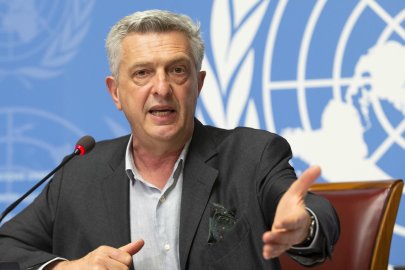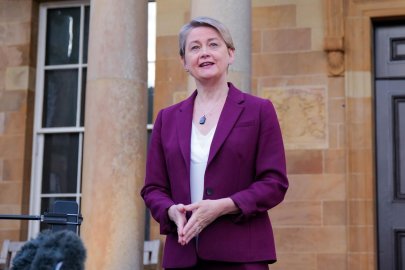Refugee protection system questioned amid UNHCR budget cuts and calls for reform
Source: InfoMigrants: reliable and verified news for migrants – InfoMigrants
The definition of asylum and refugee status under international law has repeatedly come under fire in recent months, as migration movements around the world continue to pose major political challenges in many countries. With the UNHCR having to cut a quarter of its budget, the US has renewed calls to replace the current system. As the UN body is battling massive budget cuts, its future remains uncertain.
Filippo Grandi, the head of the UN agency for refugees (UNHCR), said during the annual UNHCR Executive Committee meeting that public calls for reforming the global refugee framework as it is defined by international law would amount to a “catastrophic error” and result in further humanitarian crises across the world in the long term.
“Pressures to reform asylum are not made in good faith, but represent yet another attack on international solidarity,” he told delegates gathered in Geneva.
“(C)alls to fundamentally reform or even scrap the current asylum systems and the 1951 Refugee Convention grow louder,” Grandi said in response to mounting pressure — especially the US under the administration of President Donald Trump — to reinterpret and narrow the definitions of asylum and refugee status.
“The right to seek asylum was not invented 75 years ago. The moral obligation to provide refuge to those fleeing danger is enshrined in sacred texts across the world,” the head of the UNHCR further stressed in his speech, adding that “(t)he modern expression of those principles is what States have codified in the 1951 Refugee Convention and its subsequent [1967] Protocol.”
Read Also
Refugee numbers reach record high as global aid funding drops
UNHCR finding itself in growing isolation
Grandi expressed concern that certain countries were increasingly turning their backs on the UN agency at a time of global need for cooperation, while trying to introduce laws and regulations without consulting their expertise.
He stressed that “UNHCR is here to advise and support you so that any measures you choose remain lawful.”
“I am worried that the current debate — in Europe, for example — and some current deportation practices — such as in the United States — address real challenges in manners not consistent with international law.”
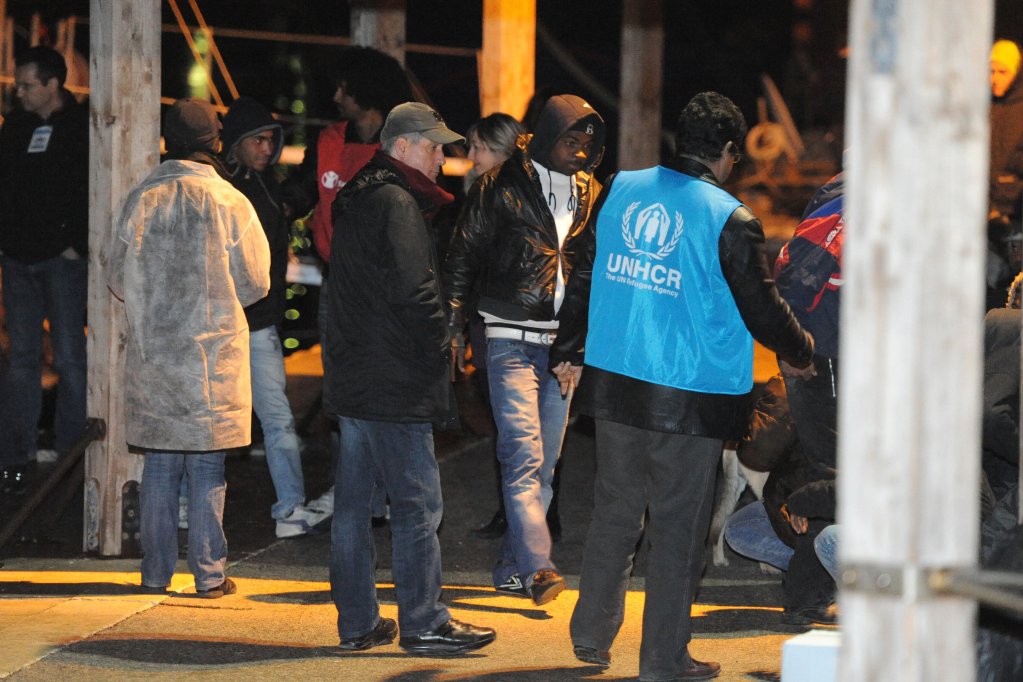
Read Also
Number of forcibly displaced ‘untenably high’ – UN
US: Mounting calls to reform asylum globally
US-led attempts at twisting and changing the existing UN framework on humanitarian migration, which has been applied since the end of World War II, have been growing across the globe, with some national governments joining calls for a complete overhaul of the existing system, thus questioning the current mandate of UNHCR.
Washington wants to globally establish a new understanding of asylum, whereby it can only serve as a temporary form of protection without any pathway to long-term residency in any given host country — amid a slew of further proposed changes on the current asylum regimen as defined by the UN.
In fact, from the beginning of the second Trump presidency in January, the US has made clear that it seeks to spread its international influence on how migration is tackled, and that it will expect other countries to cooperate with the new order it seeks to establish.
The US also wants to enshrine into international law that asylum claims must be lodged in the first safe country people entry instead of allowing people to migrate onwards to a more desirable destination of their own choosing, and that all countries of origin should be legally obligated to take back deported people.
Grandi responded to these attacks by saying that such changes would be counter-intuitive to the principle of peaceful coexistence among various people in any given country:
“Inclusion does not work if policies in host countries isolate refugees or cut them off from opportunities,” he emphasized in his speech, referring to the Trump administration’s recent attempts at directly influencing global migration policies.
Read Also
After US funding freeze, UNHCR concerned about ‘dramatic consequences’ for refugees
US accuses UNHCR of collusion with smugglers
Grandi’s words, however, might fall on deaf ears in the US: During his opening remarks at the United Nations’ General Assembly last month, President Trump even went as far as accusing UNHCR of proactively financing irregular migration with its activities, squarely rejecting the mandate of the UN body to assist people fleeing war, conflict and persecution.
Trump’s deputy state department secretary, Christopher Landau, told Grandi and other delegates at a meeting last week that a reform of the existing asylum system as enshrined by the 1951 refugee convention should become a “top international priority,” as the US Department of State seeks to put an end to the global phenomenon of “mass migration.”
According to Grandi, however, the UN is already engaging in reform on a rolling basis: The head of the UNHCR said that (t)he affirmation of complementary refugee and migration Global Compacts by the United Nations in 2018 was a milestone in this regard.”
Trump’s attempts at weakening UNHCR might be particularly welcome in European nations, which already have pushed their anti-migrant policies to the limit — such as Hungary — or where far-right groups are currently enjoying widespread support with a view of winning future elections, such as in France and the UK.
Far-right parties like the AfD (Alternative for Germany) meanwhile are known to have also overtly sought closer ties with Trump’s administration.
Read Also
Funding cuts threaten refugee programs worldwide
EU prepares to implement asylum pact
Some of these calls and views are, however, already a reality in the European Union — at least partially.
The principle of having to file an asylum claim at the first safe country of arrival is at the heart of the European Union’s so-called Dublin Regulation, allowing for states to deport individuals to another safe EU country if it is proven that they arrived there first.
However, that mechanism is currently limited only to the initial six months of an asylum claim being processed, placing operational and bureaucratic hurdles on its application in many cases.
If an asylum seeker, for example, enters Europe through Greece but continues to migrate to Germany to present for asylum there, it is up to German authorities to establish that person’s initial circumstances of arrival in Greece — even if the information provided about their journey is inaccurate.

Other initiatives are also being introduced at the national level across the EU to limit immigration: Germany, for example, has introduced a policy whereby authorities can deny entry even to those asking for asylum at the border, on the grounds that the country is exclusively surrounded by safe countries, where asylum seekers would have prior opportunity to file their claims.
With the EU’s New Pact on Migration and Asylum due to be fully rolled out across the bloc in less than a year, some nation governments have nevertheless been asking to introduce further amendments and reinterpretations to the Dublin Regulation and to other aspects of EU law in preparation to further limit the number of asylum seekers they might be responsible for, reflecting the US mood on the issue.
Read Also
Italy, France, and Germany team up for migrant repatriation
Study suggests ‘mending, not ending’ UN Refugee Convention
While Grandi might be reluctant to consider and implement reforms, a new research paper published by the non-partisan Migration Policy Institute think tank in Washington says that the only way to move established standards in asylum into the 21st century might indeed be an overhaul and update.
Titled “Mending, Not Ending, the Refugee Convention Could Save the Protection System and Restore Public Trust,” the authors of the study, Senior Policy Analyst Susan Fratzke and Director of Global Programs Meghan Benton, say that reform has long been viewed as a taboo, stressing however that “calls from states, particularly donor and destination-country ones, to address gaps left by the original text [of the Refugee Convention] have become more difficult to ignore, particularly as some governments have chosen to openly flout Convention obligations in lieu of advancing reforms.”
“There is widespread agreement across the political spectrum in many places that the system could, and should, work better,” Fratzke and Benton argue, suggesting that a second protocol should be added to the original 1951 convention — much like the 1967 protocol.
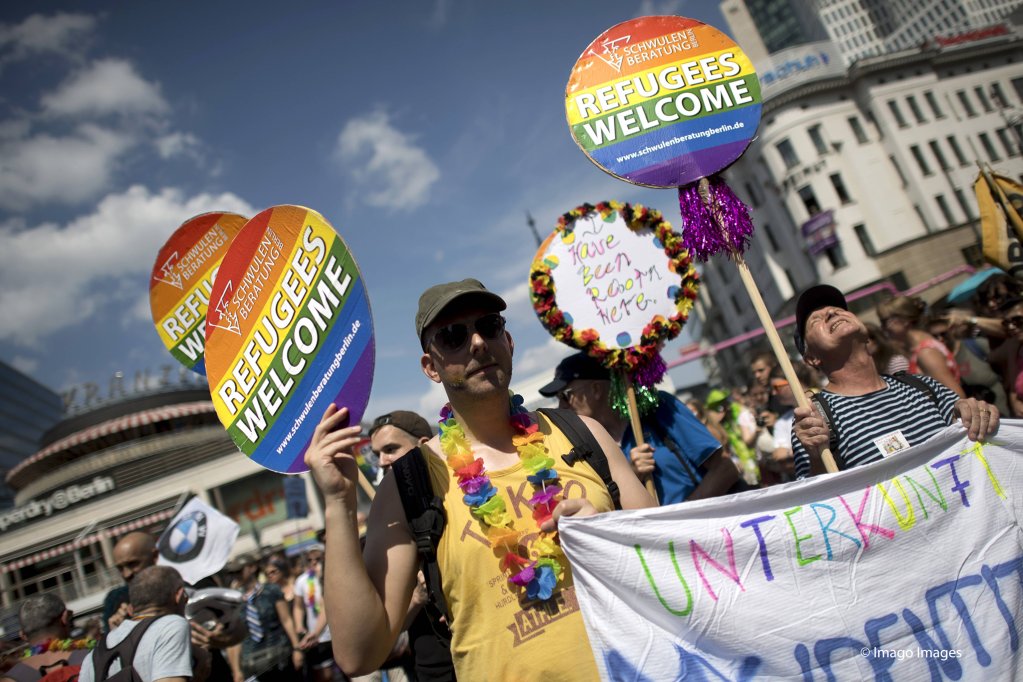
This reform, they say, should be focused on “(e)stablishing a set of rules around onward movement from first safe countries of asylum; (a)greeing to a mechanism for quickly meeting needs and sharing responsibility in situations of mass displacement; [and] (i)mproving financial burden-sharing to compensate major hosting states and enable refugee self-sufficiency.”
“Many of these changes could come without revisions to international law. Destination states can already offer more safe pathways or pre-entry asylum processing, which replace chaotic spontaneous arrivals with predictability and control. Hosting states can give refugees more rights. And donor countries can provide more funding,” the paper states, while also identifying that “the loudest calls for reforming the Refugee Convention have come from high-income destination states, including European countries and the United States.”
Read Also
UNHCR: Funding cuts affect nearly 13 million refugees
UNHCR hit by ‘disastrous’ budget cuts
The Washington-led effort to reinterpret or reform the Refugee Convention meanwhile comes at a particularly fragile moment for UNHCR, as nearly 5,000 job cuts have been announced at the agency this year due to budgetary constraints, making up over a quarter of the UN agency’s workforce.
Grandi said that these are “disastrous financial implications,” as more job cuts are expected.
“We closed our regional bureau in Southern Africa. In total, we had to downscale or modify our presence in 185 offices,” he explained.
“Critical programmes and life-saving activities had to be stopped. Gender-based violence prevention work — stopped. Psychosocial support to survivors of torture — stopped. Schools were closed. Food assistance decreased. Cash grants cut. Resettlement ground to a halt. Funds to help reduce statelessness further reduced.”
It is not surprising that UNHCR was hit particularly hard by US foreign aid cuts as imposed by the Trump administration; prior to Trump’s return to the White House in January this year, the US had served as the most important donor nation to the UN body, providing about 40 percent of its overall funding.
Other major donor countries, including Germany, have also had to reduce their support, shifting their funds to other areas amid a fast-changing geopolitical situation around the globe.
Read Also
After US funding freeze, UNHCR concerned about ‘dramatic consequences’ for refugees
Is the US going to withdraw from UNHCR — and drag others with it?
Still, the US-led crusade against asylum could have even more devastating consequences in the future, says Vincent Chetail, the director of the Global Migration Centre at the Geneva Graduate Institute.
He reckons the US could announce further cuts, putting more pressure on the EU to fill some of those gaps, or — more devastatingly — completely withdraw from the UNHCR as well as the IOM, like it did already from the UN’s cultural and educational agency, UNESCO.
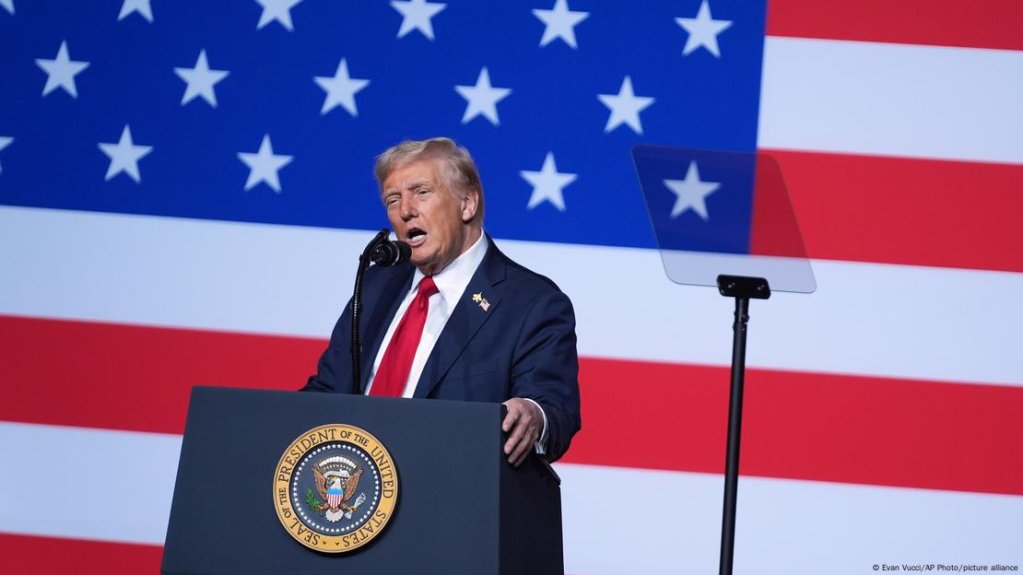
Chetail believes that the US is now on the course of “becoming a new state” that will disregard its past commitments, including various international laws pertaining to asylum, and that it wants to exert its influence on other countries around the world to join it on this isolationist trajectory.
“It is [based on] a mix of misunderstanding, ignorance and manipulation to say that migrants should not have the right to decide where they choose to ask for asylum,” Chetail said, noting similar patterns emerging in the migration debate in Europe.
“The problem is that the rhetoric used by Trump as the leader of the most powerful country in the world may obviously undermine the asylum regime” elsewhere in the world, he further emphasized.
As Grandi prepares to leave office, he said that despite all these challenges, “UNHCR will recover and emerge from this difficult period — we will be smaller, but we will remain strong.”
Read Also
US aid cuts could lead to more refugee movements, migration to Europe
The original article: belongs to InfoMigrants: reliable and verified news for migrants – InfoMigrants .
